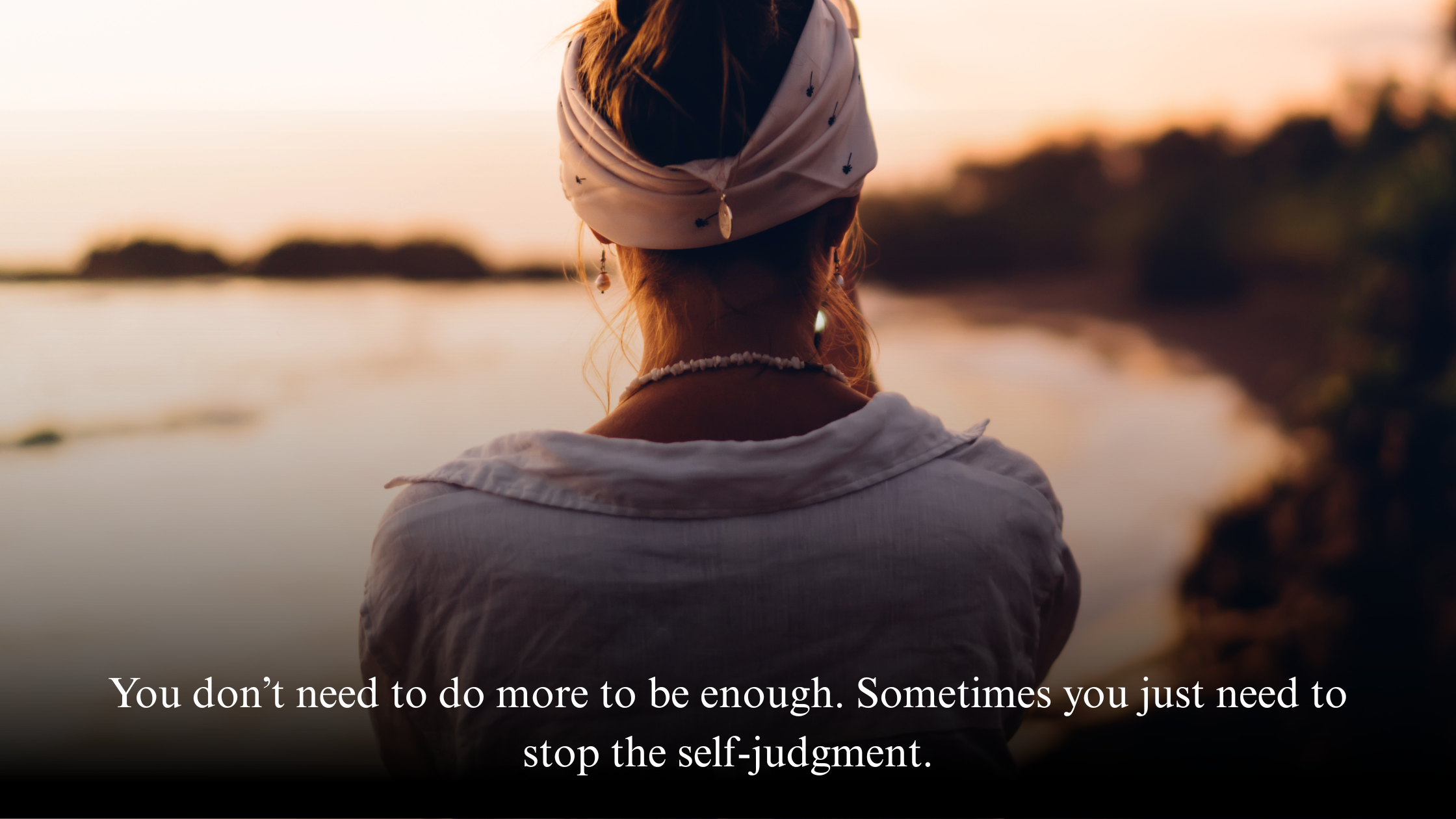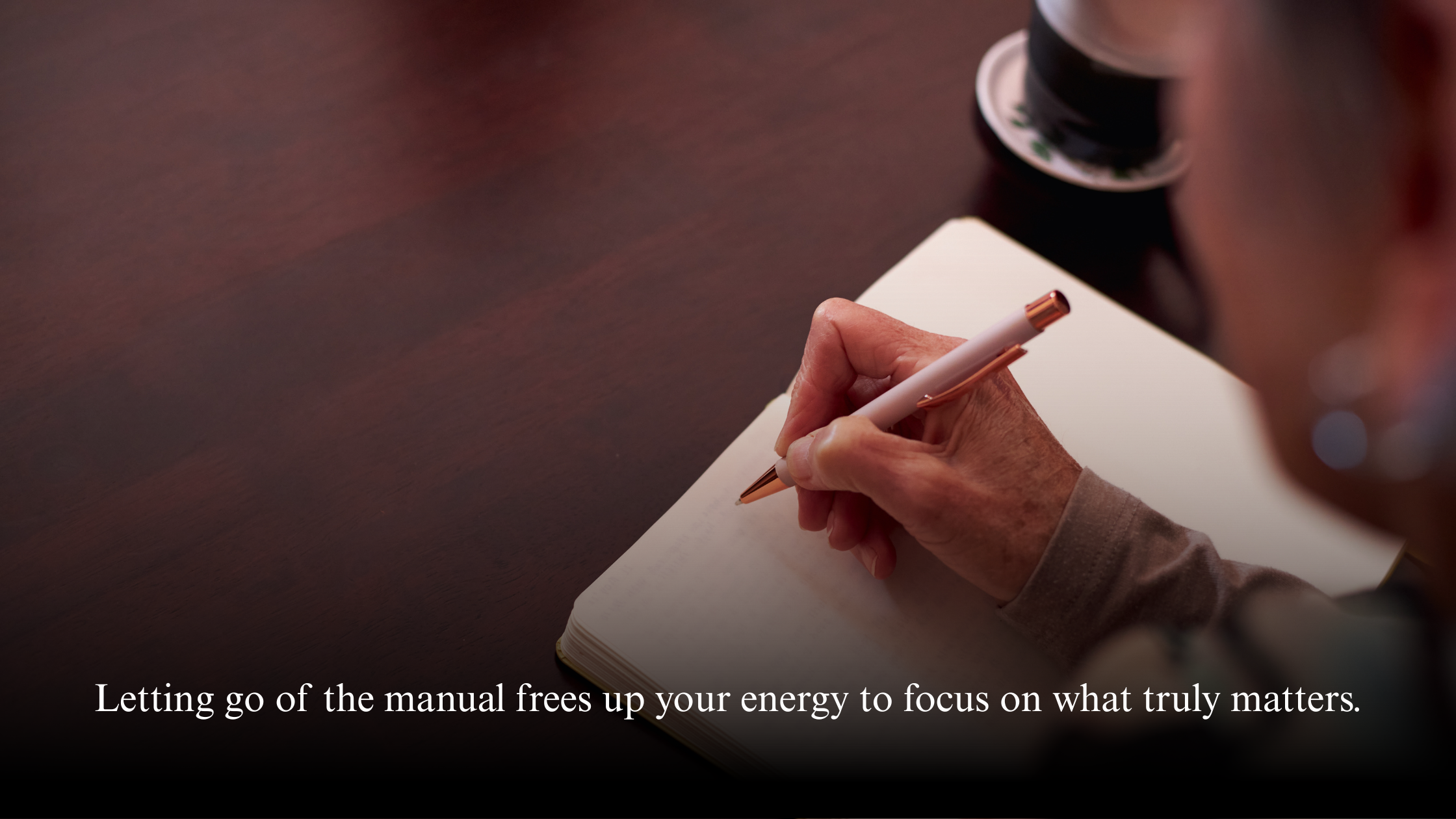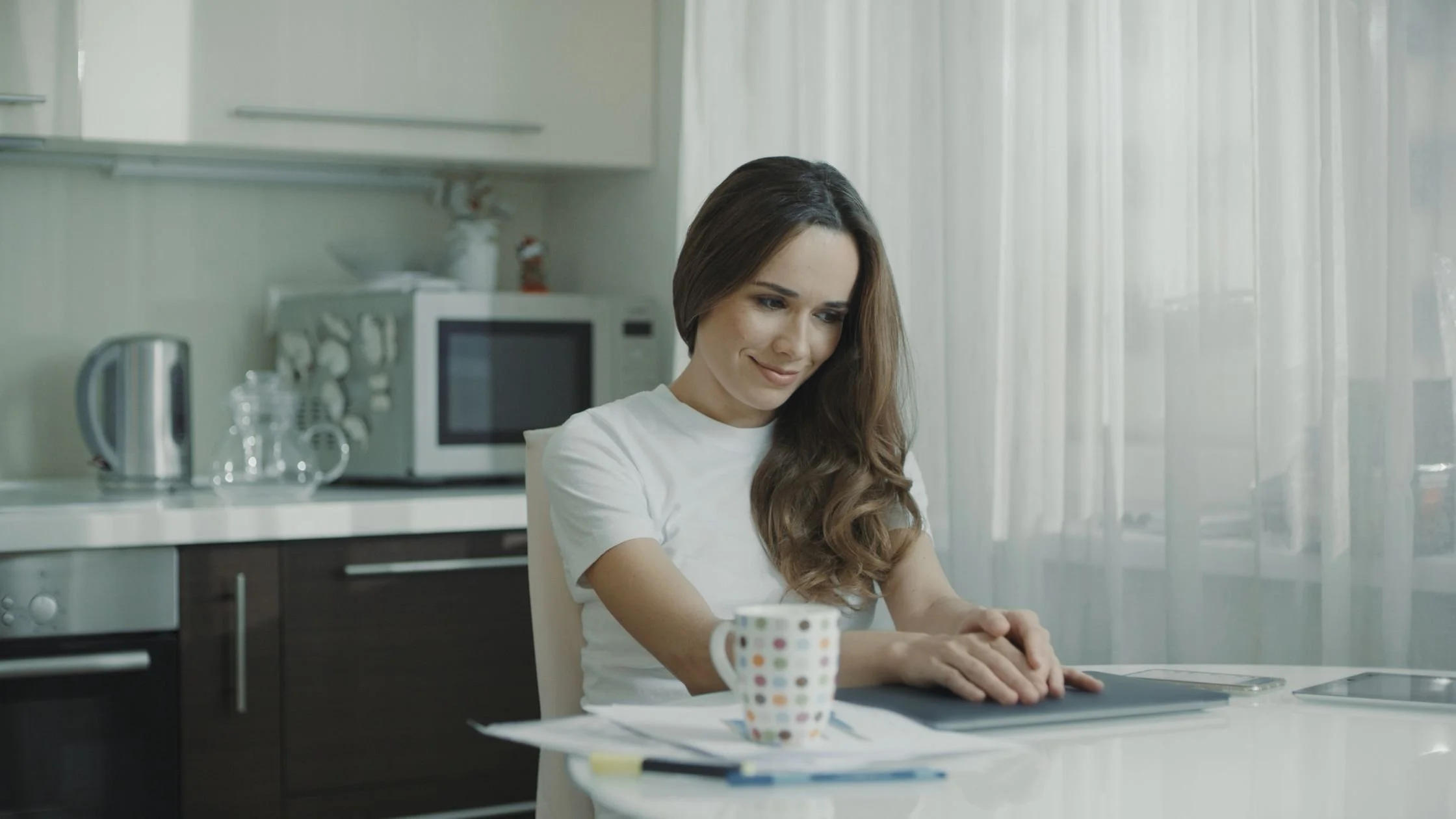How to Stop Feeling Like a Failure and Reclaim Your Confidence
How to Stop Feeling Like a Failure and Reclaim Your Confidence | Jo Renshaw Life Coach, Brighton
Why You Feel Like You’re Failing (Even When You’re Not)
“I’m inadequate—a crap wife, crap mum.”
That’s what my client Fiona shared with me during a recent session. If you’ve ever had a version of that thought yourself, and want to stop feeling like a failure, especially in the middle of trying to hold it all together, you’re not alone. From money worries and invisible labour to the guilt of not doing enough, it’s easy to feel like you’re falling short. I’m here to help you reclaim your confidence.
But what if you’re not failing? What if you’re just following an outdated set of rules you never agreed to?
In this blog you’ll learn practical tools on how to feel better about yourself. I'll show you why so many women feel like they’re not enough, where those beliefs come from, and how to begin rewriting the internal script that’s been draining your energy and confidence. We’ll explore a powerful coaching tool called The Manual, walk through real-life examples, and give you practical steps you can take today to feel more capable, more grounded, and more like yourself again.
The Invisible Rulebook You Didn’t Know You Were Following
There’s an invisible rulebook many of us carry around without realising it. It contains all the unspoken rules for how we believe the world should work, how other people should behave, how we should show up, and what a “good” life is supposed to look like.
In coaching, we call this The Manual. It’s the mental checklist you’ve likely never written down, but refer to constantly. And it’s often filled with unrealistic, outdated, or inherited expectations.
Have you ever caught yourself thinking things like:
“I should be more organised.”
“I should have dinner ready.”
“I should be earning more by now.”
“I should be more grateful.”
If so, you’re not alone, and chances are, your manual is running the show.
“I’ve lost my mojo” – The high cost of harsh self-talk
Here’s how it often sounds:
A good wife should be smiley, welcoming, and never moody.
A good mum should cook healthy meals, keep a tidy house, and never need help.
A successful woman should contribute financially, stay motivated, and never fall apart.
These rules aren’t just exhausting, they’re invisible. Which makes them even more powerful. You didn’t write this manual. But you might be measuring yourself against it every single day.
How the Manual Holds You Back
What is "The Manual"?
The Manual is a term coined by life coach Brooke Castillo to describe the invisible instruction book we have for how others (and we) should behave.
Fiona had a manual for herself that said she had to be constantly upbeat, productive, and financially contributing, even while raising a toddler. And she had a manual for her partner, that said he should just know how she was feeling, what she needed, and why coaching mattered.
When these expectations weren’t met? Shame. Guilt. Resentment.
Read about ‘How to Build Unshakeable Self-Trust’ in this blog
The unrealistic expectations we place on ourselves and others
When you believe you "should" be doing more, earning more, feeling better, or keeping everything together with a smile, you set yourself up to feel like you’re falling short, even when you’re doing your best.
Fiona judged herself for not doing enough. But she was also:
Parenting a small child
Managing a home
Launching a business
Recovering from illness
Still, her brain said: "You’re failing."
She described the constant hum of self-doubt as "a feeling of worry mixed with a tablespoon of motivation." She was stuck in a cycle: worrying about money, beating herself up, avoiding her emotions with wine or TV, then feeling guilty for doing so.
The Breakthrough: What if Nothing’s Gone Wrong?
Shifting your inner dialogue
When we dug into Fiona’s thoughts, we found the root of her worry:
"I’m running out of time."
That thought led to panic, paralysis, and guilt. She felt unable to make clear decisions. It clouded everything.
But when we explored the facts, she realised:
She had an emergency fund.
Her debt was uncomfortable but manageable.
She was making minimum payments.
She wasn’t doing nothing—she was surviving.
We slowed things down. I helped her get curious about the thoughts creating her pain. We challenged them. We breathed.
"What if I’m doing better than I think?"
"What if I’m allowed to need help and still be strong?"
Dropping the guilt and choosing compassion
I told Fiona, "Nick, not only do I want to be a better wife. I want to be a better friend to myself."
Because that’s the real work. Coaching isn’t about fixing you. It’s about helping you see that you’re not broken. It’s about shifting from punishment to partnership, with yourself.
Fiona had also stopped doing the things that made her feel like herself. She missed being funny, smiley, high-energy. She thought that version of her had disappeared since becoming a mum.
I reminded her: We can’t go back to who we were. But we can move forward from where we are, with all the parts of us at the table.
4 Small Shifts to Rebuild Confidence Daily
1. Notice the urge to buffer
Next time you feel pulled toward wine, TV, or scrolling, ask: "What thought am I believing right now?" It might be: "I can’t cope" or "I’m falling behind." Just notice it. That moment of awareness is powerful.
2. Rewrite your rules
Ask yourself: "Where did this rule come from? Do I want to keep it?"
You might find that your rulebook is full of outdated expectations you’d never put on someone you love.
Fiona thought she had to have a hot meal on the table each evening, even though her husband hadn’t actually asked for that. When she listed all the things a "good wife" should be doing, we laughed at how ridiculous and impossible it sounded.
3. Choose intentional thoughts
Instead of "I should be doing more," try:
“I am doing valuable work today, even if it’s invisible to others."
"I am contributing in ways that matter, even if they don’t show up on a spreadsheet."
Thoughts like this generate compassion, not criticism.
4. Let support be part of your strength
Fiona felt guilty about asking for help. She thought it made her a burden. But we reframed it: Asking for help isn’t weakness, it’s wisdom.
When she imagined asking James to support her coaching so she could continue working on herself, she realised: He probably wants me back too. Not the old me. The real, energised me.
Final Thoughts: Confidence Comes From Inside, Not From Doing More
You don’t have to do more to be enough. You don’t have to earn rest, joy, or help. You simply have to get curious about what you’re believing, and whether it’s helping you or harming you. Confidence doesn’t come from following all the rules. It comes from throwing away the manual and choosing a new way of being with yourself.
Because when you become your own best friend, everything starts to change.
Ready to Let Go of the Manual and Reclaim Your Confidence?
If this blog resonated with you—if you recognised your own self-talk, your own unspoken expectations, or the weight of trying to do it all perfectly—it’s time to pause.
The Life Audit is your next step.
It’s a one-off personalised coaching video which I send you after you’ve completed a deep dive questionnaire. The coaching you receive in the video will show you what’s really going on beneath the surface, uncover the thought patterns holding you back, and create space to define what you want your life to feel like going forward.
You don’t need to keep running on rules that don’t serve you.
You just need a clear starting point—and that’s exactly what the Life Audit is for.
👉 Book your Life Audit today and take the first step toward feeling calm, confident, and back in control.
This blog is inspired by the work I do with my clients during sessions, and brought to you in partnership with AI.
Feeling Stuck? Here’s How to Get Your Life Back on Track - Without the Overwhelm
Have you ever wished you had a personal coach to tell you exactly what to do to improve your life - without having to second-guess yourself, waste time figuring it all out alone, or add more to your already full plate?






